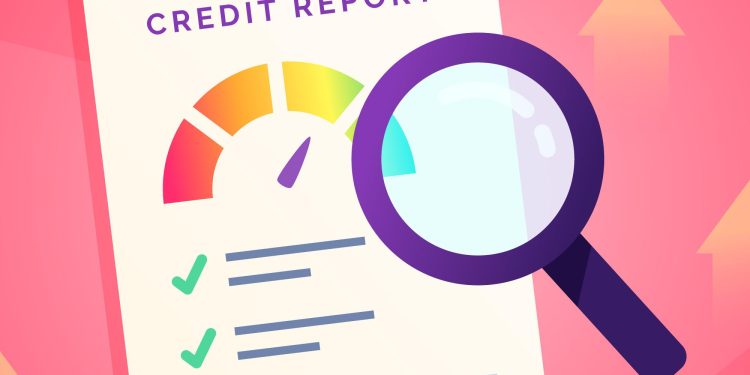Credit bureau issues remain a festering issue for consumers. Although a series of laws and regulations mandate concise reporting, credit bureaus reporting issues continue. COVID-19 brought unique spins to credit bureau reporting issues, as millions of deferrals created a new challenge: How do creditors, the companies that carry the responsibility for feeding the information, update properly? And, within that sector, how do you ensure that bureaus report the information properly?
Many issues are not new. The Brookings Institute issued a seminal report in 2017, two years before COVID-19 came into the fold. It reported that:
More than one in five consumers have a “potentially material error” in their credit file that makes them look riskier than they are. Lenders respond to this incorrect data by offering you higher interest rates, less favorable terms, or denying credit if the error makes you look too risky.
With money on the line, you might assume that the credit reporting system would fix the problem. It is the opposite. Speed and volume are favored over accuracy. Large-scale inaccuracies are tolerated. The costs of correcting the data outweigh benefits — for the credit bureaus, though, not the consumers.
The root causes were identified as:
Three reasons: size, speed, and economic incentives of the system.
Each of the major bureaus has over two hundred million credit files that, on average, contain thirteen past and current credit obligations, resulting in 2.6 billion pieces of data.
Each month, more than one billion pieces of data are updated, requiring a speedy system.
With so much data coming from so many sources, so quickly, errors are inevitable (especially if you have a common name).
It is unclear whether deferments caused the current reporting accuracy issue, or whether people had more time to review their data while hunkering down, this regulatory hot button receives attention. Today, the Philadelphia Tribune reported:
In May, U.S. Rep. James Clyburn, D-S.C., chairperson of the House Select Subcommittee on the Coronavirus Crisis, wrote letters to all three credit reporting agencies, pointing out the increase in complaints about errors and asking them to explain their response and dispute process.
The Consumer Financial Protection Bureau (CFPB) a federal consumer watch dog agency, said it received 500,000 consumer complaints about credit reporting agencies between January and September 2021, up from 319,000 in the previous year.
“Probably the most widespread problem is what is called a mixed file,” Flitter said. “This can happen to people with similar names and similar addresses. It comes with similar names, similar address, Srs. and Jrs. and a whole variety of reasons. That is a recurring problem. The credit bureaus do not do a nine-figure Social Security number match.”
The big question is how to fix the issue. Internal Revenue Service call center answer times “average 13 minutes,” but it seems much longer if you have ever tried the main number of (800) 829-1040.
There is no question about the importance of accurate results; the industry needs to keep a keen eye on where this issue goes. FACTA, the Fair and Accurate Credit Transaction Act of 2003 did not do all that much to resolve the issue. What is unclear is where does the process break down – with the furnished data from issuers, the retention standards at the Credit Bureaus, or the matching algorithms. But know with a presidential election cycling in 2024, do not expect this issue to go “just go away.”
Overview by Brian Riley, Director, Credit Advisory Service at Mercator Advisory Group











